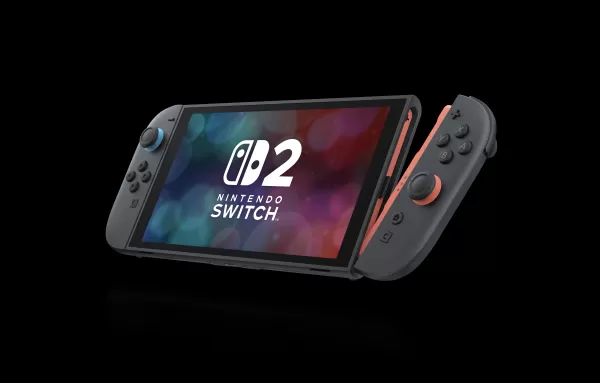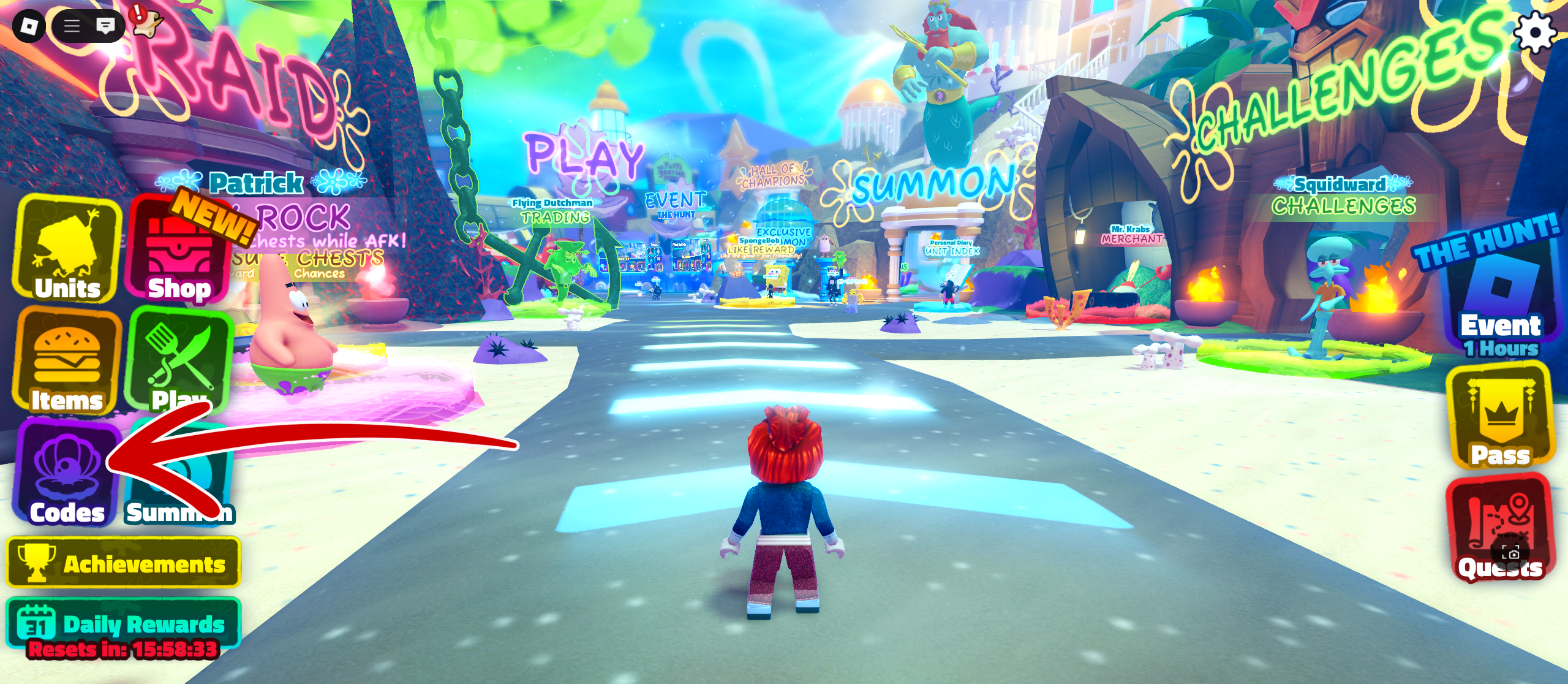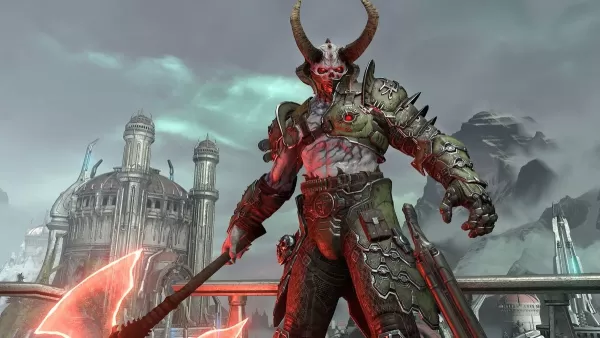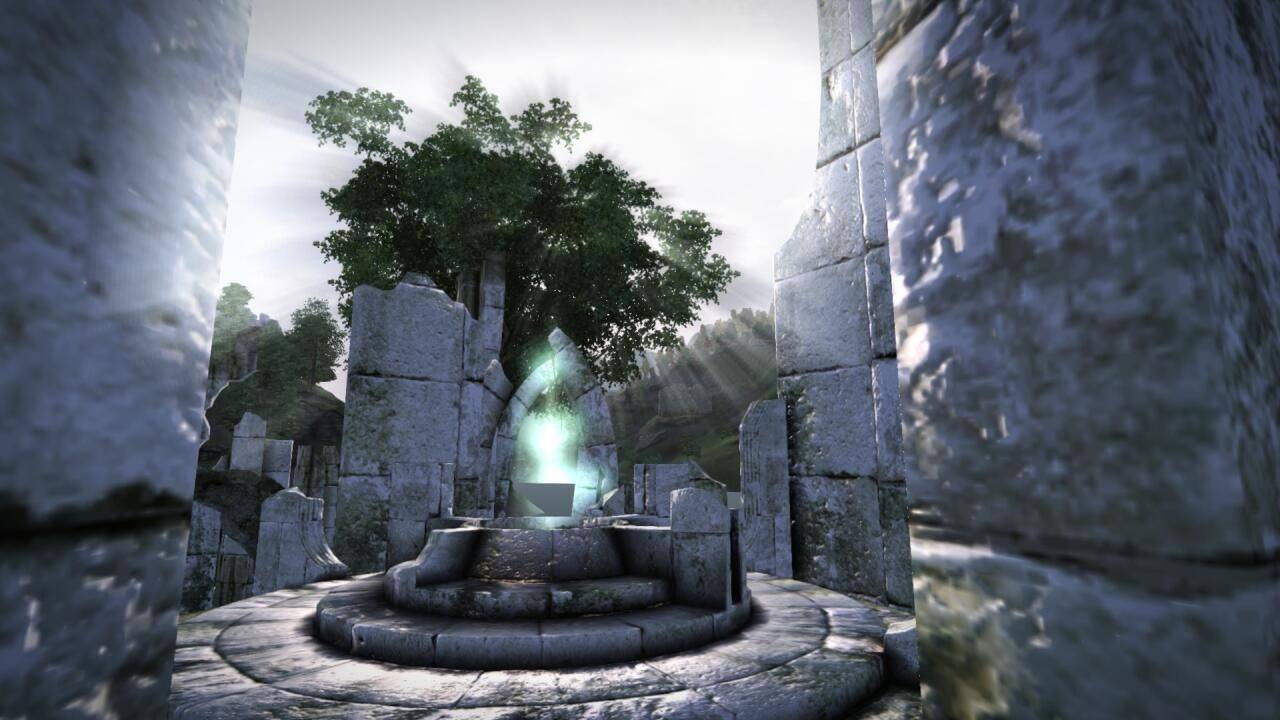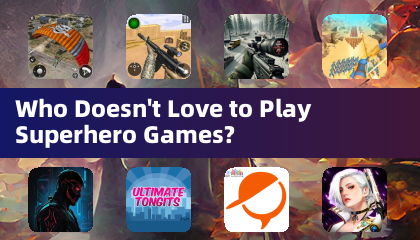Niantic Inc. has recently announced the sale of its prominent mobile games, including Pokémon Go, Pikmin Bloom, and Monster Hunter Now, along with their development teams, to Scopely, a company owned by the Saudi investment firm Savvy Games, for $3.5 billion. In addition to this sum, Niantic is distributing an extra $350 million in cash to its equity holders, bringing the total value of the transaction to approximately $3.85 billion.
In a statement to the press, Scopely highlighted the robust performance of Niantic's games, boasting over 30 million monthly active users (MAUs) and 20 million weekly active users, with a revenue exceeding $1 billion in 2024. Pokémon Go, in particular, stands out as a top-tier mobile game, maintaining its position in the top 10 since its launch nearly a decade ago and attracting over 100 million unique players in 2024 alone.
Niantic emphasized that the game teams have exciting long-term plans, which they will continue to pursue under Scopely's umbrella. "This partnership ensures that our games have the long-term support needed to be 'forever games' that will endure for future generations," Niantic stated on their blog. They reassured players that the games, apps, services, and events they enjoy will continue to receive investment and be developed by the same dedicated teams.
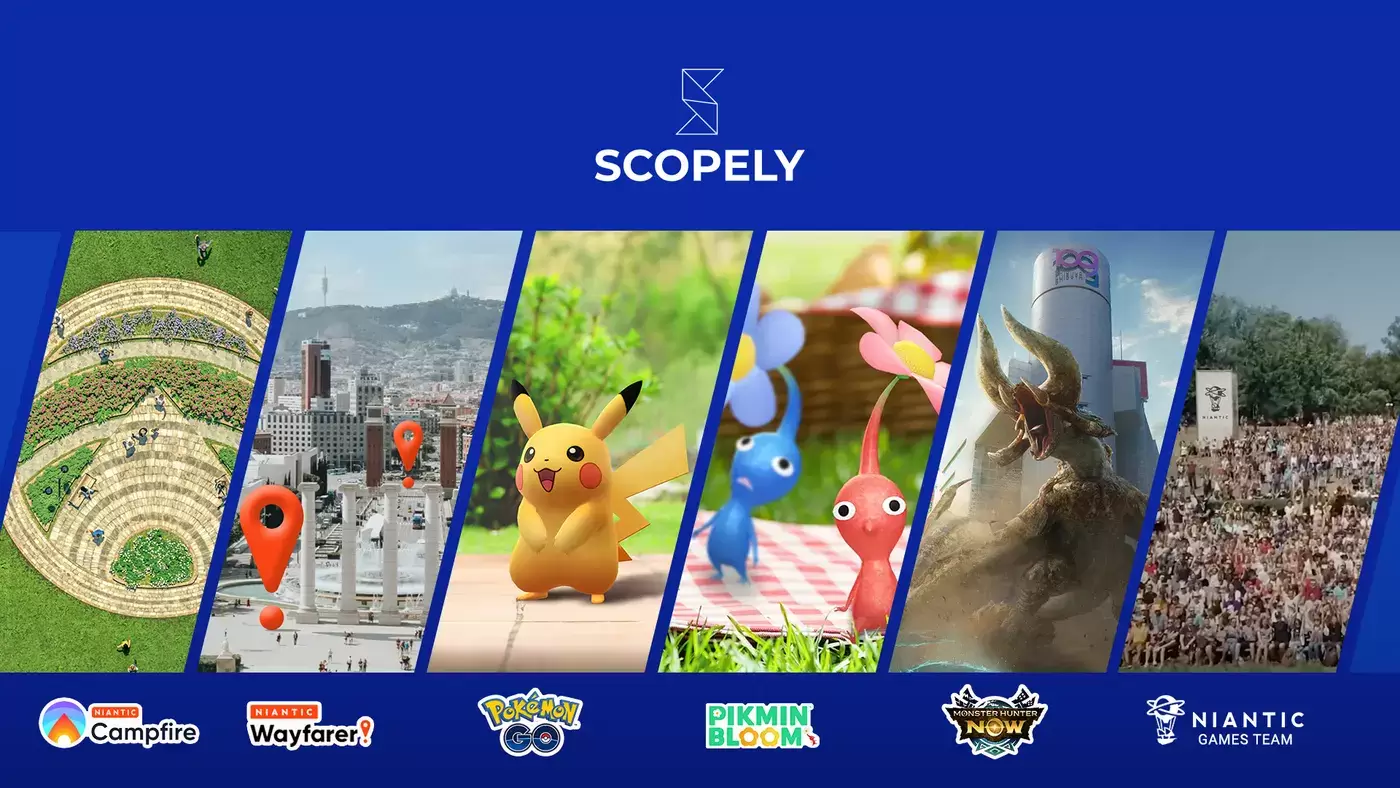 Scopely has acquired Niantic's entire games business for $3.5 billion. Image credit: Scopely.
Scopely has acquired Niantic's entire games business for $3.5 billion. Image credit: Scopely.
Addressing concerns from the Pokémon Go community, Ed Wu, the game's chief and one of the original engineers behind its 2016 launch, shared his perspective on the acquisition. He expressed optimism about the partnership with Scopely, emphasizing their admiration for the community and the team. Wu believes that under Scopely, Pokémon Go will not only continue into its second decade but will thrive for many years, staying true to its mission of encouraging real-world exploration through Pokémon discovery.
Wu stressed the continuity of the Pokémon Go team and the ongoing collaboration with The Pokémon Company. He assured players that the game will continue to evolve with new features like Raid Battles, Go Battle League, Routes, and live events such as Pokémon Go Fest, all while maintaining its focus on real-world community engagement. Scopely's approach of empowering game teams to follow their creative roadmaps aligns well with Niantic's vision, providing the resources needed to enhance the player experience.
Niantic also announced the spin-off of its geospatial AI business into a new entity, Niantic Spatial Inc., to accelerate its growth. Scopely has invested $50 million in this venture, while Niantic itself has committed $200 million. Niantic Spatial will continue to operate other real-world AR games, such as Ingress Prime and Peridot.


 LATEST ARTICLES
LATEST ARTICLES 